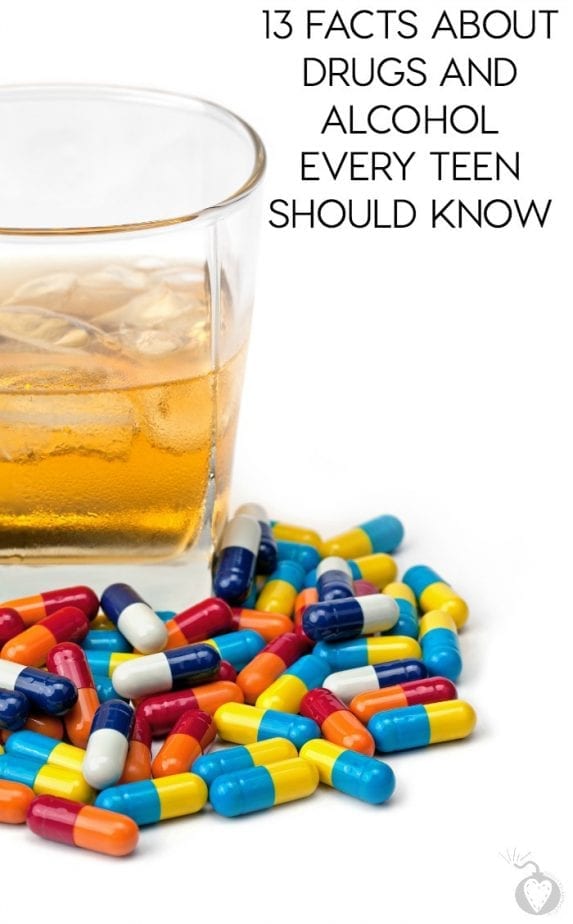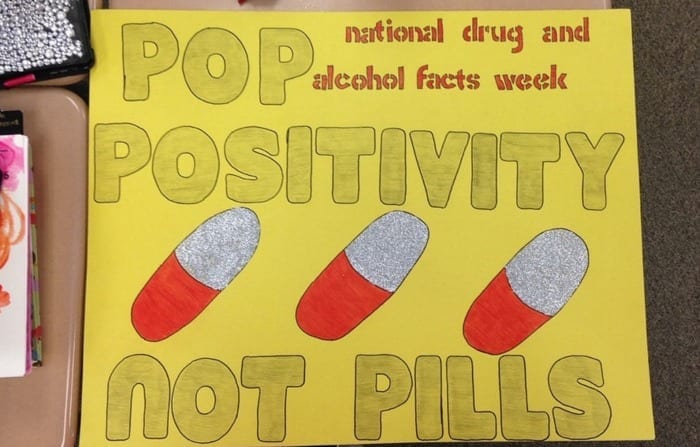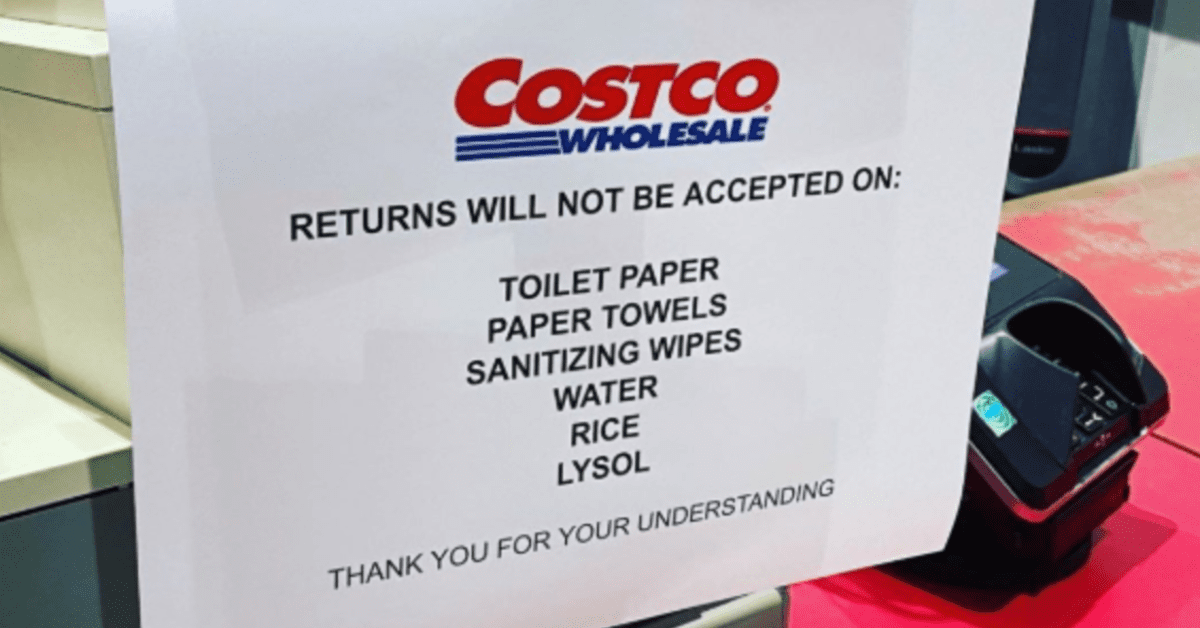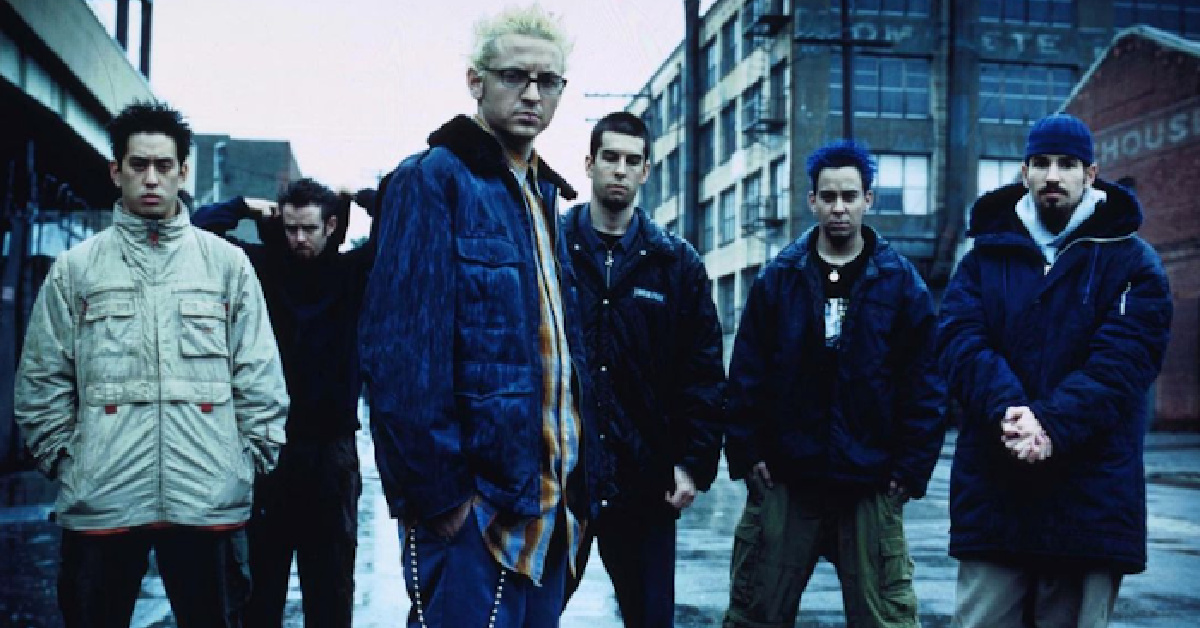13 Facts About Drugs and Alcohol Every Teen Should Know
This is a sponsored post written by me on behalf of National Institute on Drug Abuse for IZEA. All opinions are 100% mine.
If you have kids, you probably already know it is a scary world out there. As our children get older and their curiosity spikes, it becomes an even more dangerous place to be. With pressure from friends to try drugs and alcohol and all of the myths surrounding them, it’s no wonder we want to wrap our kids up in a plastic bubble until they reach adulthood. While that isn’t realistic, talking with your kids and sharing these 13 Facts About Drugs and Alcohol can help. These are certainly things every teen or even pre-teen should know!
13 Facts About Drugs and Alcohol Every Teen Should Know
Before I share these facts, I do want to point out that teens are not the only ones that should know these. We should talk with kids of all ages about the dangers surrounding drugs and alcohol. You should also take the time to debunk any myths your children might hear from their peers. With that being said, pre-teens and teens tend to have more of that social pressure which is where you come in. Below are some drug and alcohol facts that every teen should know. This is the perfect time as National Drug & Alcohol Facts WeekSM is running this week (January 23-29, 2017).
Facts about Alcohol
- When teens drink, alcohol affects their brains in the short-term–but repeated drinking can also impact it down the road, especially as their brains grow and develop. It can also lead to a range of negative consequences including injuries, increase in sexual assault, higher risk of cancer and even death. In fact, alcohol plays a role in the deaths of 4,358 young people under age 21 every year.
- Alcohol is the most commonly used substance of abuse among young people in America, and drinking when you’re underage puts your health and safety at risk.
- Drinking alcohol increases your risk of developing various cancers, including cancers of the mouth, esophagus, pharynx, larynx, liver, and breast.
Facts about Prescription Drugs
- About 19,000 people died from a prescription pain reliever overdose in 2014, more than 3 times the number in 2001.
- Abusing opioids like oxycodone and codeine can cause you to feel sleepy, sick to your stomach, and constipated. At higher doses, opioids can make it hard to breathe properly and can cause overdose and death.
- After marijuana and alcohol, prescription drugs are the most commonly abused substances by Americans age 14 and older.

Facts about Tobacco, Nicotine, & E-Cigarettes
- Tobacco use is the leading preventable cause of disease, disability, and death in the United States.
- Each day, nearly 3,200 people younger than 18 years of age smoke their first cigarette. Every day, an estimated 2,100 youth and young adults who have been occasional smokers become daily cigarette smokers.
- A typical smoker will take 10 puffs on a cigarette over the period of about 5 minutes that the cigarette is lit. Thus, a person who smokes about 1 pack (25 cigarettes) daily gets 250 “hits” of nicotine each day.
Facts about Marijuana
- A recent study followed people from age 13 to 38 and found that those who used marijuana a lot in their teens had up to an 8 point drop in IQ, even if they quit in adulthood.
- Marijuana is the most common illicit drug used in the United States by teens as well as adults. The growing belief by young people that marijuana is a safe drug may be the result of recent public discussions about medical marijuana and the public debate over the drug’s legal status. In addition, some teens believe marijuana cannot be harmful because it is “natural.” But not all natural plant substances are good for you—tobacco, cocaine, and heroin also come from plants.
- High school seniors who smoke marijuana are 2 times more likely to receive a traffic ticket and 65% more likely to get into an accident than those who don’t smoke. In 2011, among 12th graders, 12.5% reported that within the past 2 weeks they had driven after using marijuana.
Keeping Kids Safe
While these are just 13 facts surrounding some drugs and alcohol, these are definitely not all. The best way to keep your child drug and alcohol free is by talking with them and educating them on the dangers of drug and alcohol use. To get the conversation started, you can take the Take the National Drug & Alcohol IQ Challenge to see how much you and your teen knows surrounding this topic.
National Drug & Alcohol Facts WeekSM (NDAFW) is an annual, week-long observance that brings together teens and scientific experts to shatter myths about substance use and addiction. The observance will be held January 23-29, 2017, and is sponsored by the National Institute on Drug Abuse (NIDA) and the National Institute on Alcohol Abuse and Alcoholism (NIAAA), both part of the National Institutes of Health. The week-long observance was launched in 2010 to counteract the myths about drugs and alcohol that teens often hear from the Internet, TV, movies, music, or friends. Since its inception, the number of community-based events held to SHATTER THE MYTHSTM,SMhas grown dramatically, with more than 2,000 held last January throughout all 50 states and several international sites. If you or someone you know has a problem with drugs, find out how you can help. You can also learn more by visiting the National Drug & Alcohol Facts WeekSM website.







